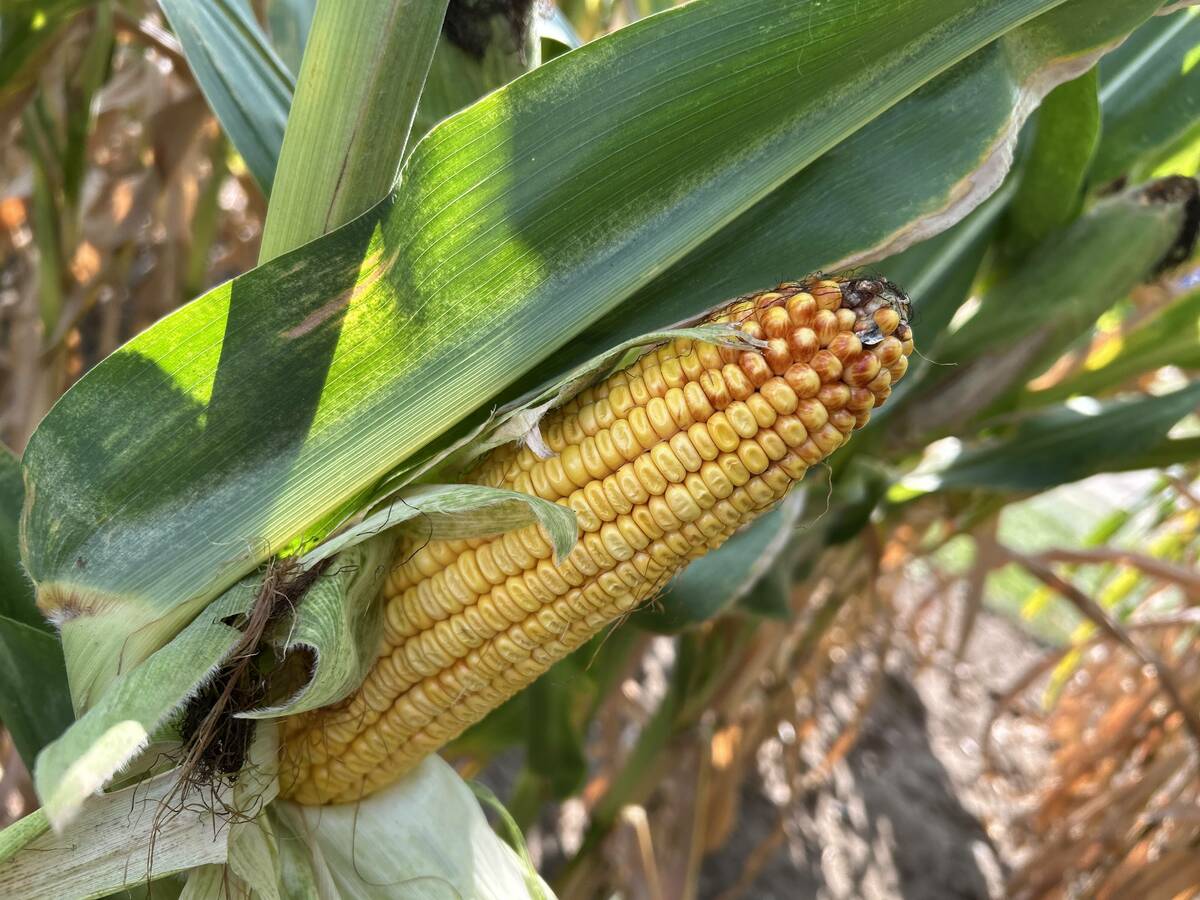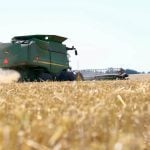Handling methods | Head of Centre for Food Integrity says livestock producers must be willing to accept change
Livestock producers should get used to undercover videos being used to shock the public.
And farmers should be willing to consider changing their handling practices if they appall the public and are hard to defend.
Those were key messages from Terry Fleck, executive director of the Centre for Food Integrity, in a speech at the Manitoba Swine Seminar.
“Can I defend what I’m doing?” said Fleck.
“If you can’t talk about it, maybe you should find another way to do it.”
Read Also

Crop estimates show mixed results
Model-based estimates used by Statistics Canada showed the 2025/26 crop year has seen increases in canola, corn for grain, oats and lentils production while seeing dips in spring wheat, durum wheat, soybeans and barley in comparison to 2024/25.
The Kansas City-based organization was established in 2007 to deal with consumers’ increasing concerns about animal welfare issues.
The centre examines claims and evidence of alleged animal abuse and establishes panels of experts to issue reports soon after allegations are made. Many of the centre’s reports on alleged abuses have upheld the claims and denounced practices happening in some livestock operations.
However, its report on the alleged abuses gathered by activist group Mercy For Animals Canada and highlighted in an episode of CTV’s W5 was far less condemnatory, finding only a couple of clearly wrong practices and determining that most of the activities were acceptable.
However, the sensationalistic TV treatment and the publicity gained by activists staggered many in the Canadian industry.
Fleck said farmers should expect more of these types of events because gathering secret camera footage is easier than ever now that most people have cellphones with cameras and the footage is effective at gaining public attention.
“These animal activist groups will continue to use this as a tactic to push their agenda,” said Fleck.
At least 32 undercover videos have been made in livestock facilities in North America since 2006, with 10 being made in 2010.
The one made in the Manitoba Puratone barn is the first big incidence of the phenomenon in Canada.
Fleck said farmers need to ensure their practices can be defended to consumers because farmers could lose their “social licence to operate” if they are caught doing things the public disapproves.
Farmers are already at a disadvantage in dealing with public controversies over animal welfare because many in the public don’t trust farmers’ primary motivations, Fleck said.
Many believe farmers’ first motive is to make a profit, while they believe activists are motivated by idealism and principle.
He said farmers need to operate as if everything they do is being watched by the public. They also need to be open about what they do and not try to hide it from view.
“Transparency is no longer an option,” said Fleck.
Farmers also need to do a better job of connecting with urban consumers through media such as YouTube. Producers mostly respond to consumer concerns with hard, rationalistic, scientific responses, but those don’t address the public’s primary concern, he added.
“People are asking us ethical questions and we’re giving them scientific answers,” said Fleck. “They are going to make decisions based on feelings and beliefs and not on knowledge.”
He said farmers need to connect with consumers to be able to engage their feelings and beliefs. For that, they need to be open.
“How you are is who you are,” said Fleck.
“We need to be constantly interactive.… If all they’re seeing is undercover video and hearing animal activist information, you’ve got to balance that for them by bringing your values to the fore.”















